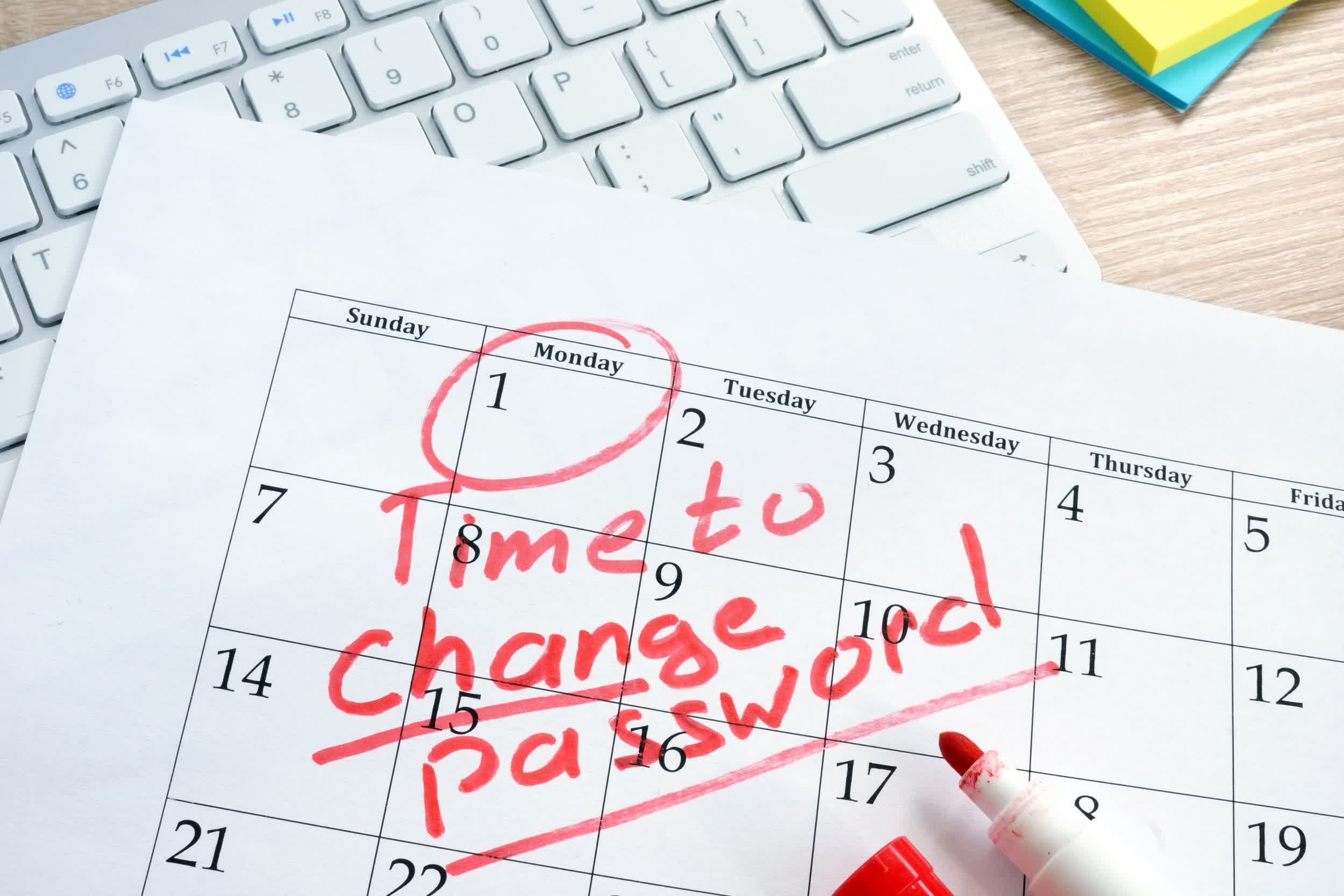Bottom line: Choosing secure passwords has never been humanity’s strong suit and let’s face it, it’s never going to be. People simply have too many accounts to protect these days, leading to poor practices such as simplifying passwords to make them easier to remember and reusing the same password across multiple accounts.

Countless efforts have been made to encourage best practices. There’s no shortage of password managers on the market capable of storing complex passwords for all of your accounts with a single master password. Some have even invested heavily in eliminating traditional passwords entirely.
Yet, here we are at the end of 2020, looking at a list of the top 200 most common passwords that is remarkably similar to the same list we see year in and year out. Will we ever learn?
According to password manager NordPass, the top five worst passwords of 2020 include 123456, 123456789, picture1, password and 12345678, in that order. Excluding picture1, each of the other four common passwords would take less than one second to crack.

If you need help creating a strong password, NordPass has some advice. Never reuse passwords across multiple accounts – each account should have its own unique password that consists of no less than 12 characters. A mix of upper- and lower-case letters, symbols and numbers will reduce the risk of having your password cracked. It’s also a good idea to change your password on a regular basis – say, every 90 days.
For many, a password manager is the way to go. It uses just one master password, can create unique, complex passwords for all of your accounts and stores them in an encrypted vault. Most managers can even auto-fill credential fields to expedite the login process.
Image credit: Kaspars Grinvalds, Vitalil Vodolazskyi
https://www.techspot.com/news/87657-most-common-passwords-2020-atrocious.html
